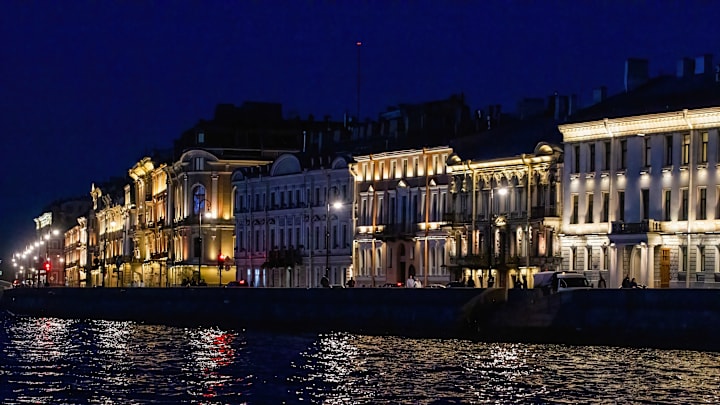As the 80th anniversary of D-Day has just passed, many oral histories and personal accounts of the war have been shared in news outlets and social media posts. Turning to books on that war, I'd like to turn our attention to a deeply affecting narrative about the war on a much smaller scale:: M.T. Anderson's Symphony for the City of the Dead .
The beginning reads like a spy novel. Two agents exchange microfilm in New York City, information that may alter the course of a war that is raging across a continent. We even learn how it was smuggled out of one country and took a winding path through the Middle East, Africa, and even South America before being handed over.
What is the subject of this book? An eighty-minute piece of music by a composer who was blacklisted as being an enemy of the Soviet people. I've been fascinated by Dmitri Shostakovich since my teenage years, so this was recommended to me.. I wasn't sure I'd enjoy it any more than the Arnold Greenberg lectures or program notes at the symphony.
Anderson first impressed me by recounting Shostakovich's radio address to the people of Leningrad. The city was enduring daily attacks from Nazi bombers, but Shostakovich had this to say to his fellow Leningrad citizens.
"An hour ago, I finished scoring the second movement of my latest orchestral composition In spite o the war and the danger threatening Leningrad, I wrote the first movements quickly...I'm telling you this so that the people of Leningrad listening to me will know that life goes on in our city...When I walk through our city, a feeling of deep conviction grows within me that Leningrad will always stand, grand and beautiful, on the banks of the Neva, that it will always be a bastion of my country, that it will always be there to enrich the fruits of culture"Dmitri Shostakovich
This speech was written on the opposite side of a paper that, among other things, instructed the reader on how to create a Molotov cocktail. As Anderson puts it, "Everyone in Leningrad was on the front line."
We then travel back in time to see the development of a boy who enjoyed picking fruit with his sisters and excelled in his music lessons There is always a threat to the Soviet Union looming on the horizon in the biography and there is a similar shadow cast over each chapter. One of the most impressive things about the book is that it relies on the diaries of Shostakovich's contemporaries to look at the larger picture so that readers can see how his experiences compared to others'.
It is extremely effective storytelling. When Anderson describes Shostakovich sleeping on the stairs so his family wouldn't witness the arrest he feared was imminent, we are already aware of the brutal treatment of people he knew professionally and socially. as well as the murder of a friend in the military. We know that Shostakovich outlived his persecutors and survived World War 2, but we still experience a very visceral anxiety as we read of the threats of imprisonment or death that followed his denouncement as an enemy of the people.
When we come to the central subject of the book, we reach the reason that I recommend this book so often. During the siege, Shostakovich and his family are evacuated along with many other creative types. Anderson keeps the readers in the city to witness how desperate things became in the longest siege in modern history. Even before his evacuation, he notes in his manuscript where he had to stop due to air raids, but we read about the dwindling food supplies and brutal winters and how the survivors of the siege remember those times. We read of people struggling to breathe during rehearsals and how a job with the orchestra offered life-sustaining access to rations. And as that period of life comes to a close with the premiere of the Leningrad Symphony, we see how the city has stood up to the Nazi aggressors against all odds, as Shostakovich predicted.
Anderson writes of triumph in war with a very stark view of what price was paid for the victory. It is well worth the read for fans of history, music, or tales of resilience.
